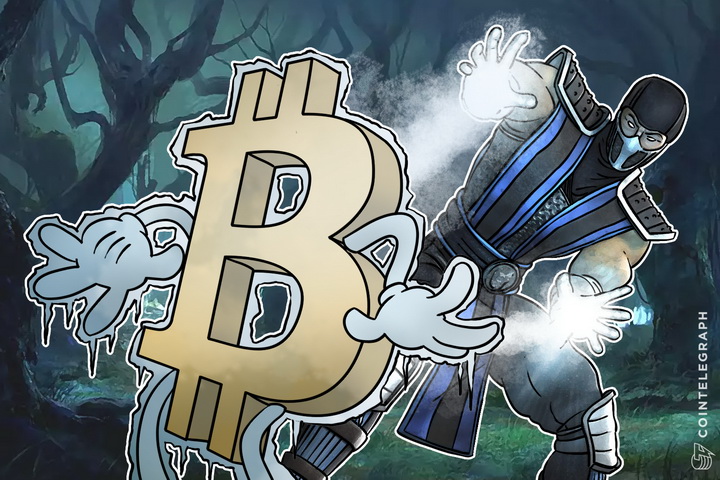There has been a drop in the efficiency of bitcoin transactions lately, and developers have been discussing what’s going on, with the goal of finding a common solution.
The cryptocurrency ecosystem is evolving at a very fast rate. The dynamics within the crypto market and the relationship between Bitcoin and other fast developing altcoins remains a very interesting phenomenon.
The increasing average time of confirmation of transactions on the Bitcoin blockchain has become a subject of debate among developers, and could be a very important pivot point in the development of cryptocurrencies in general.
Christopher Franko is a Blockchain Scientist at Ribbit.me. He spoke to Cointelegraph about what could be responsible for the recent delays in transaction confirmation, and the possible response expected from the entire cryptocurrency ecosystem.
Congestion problem in Bitcoin transactions
Christopher said that a few things could be behind the delays experienced in transaction confirmation, one of which could be a sinister one - someone is congesting the Blockchain on purpose to push political agendas.
The second reason is quite obvious: the natural growth. If the latter is the case, then bitcoin is suffering from the best problem imaginable, that is, of having too many users. Guy Kawaski spoke about the top 10 mistakes, saying that too many users is a problem that can be solved. He wasn't talking of bitcoin though, but of software in general. Christopher notices:
“Basicly what is happening is there are too many transactions to fit into a single block so the overhead is being pushed onto the next blocks. This is creating a fee market. Because transactions with higher fees have higher priority for inclusion into the next block.
It implies a greater incentive to perhaps use some of the "alternative" platforms like Expanse, or Ethereum or any other number of them. People like to use bitcoin because of all the liquidity and for good reason, if someone were to make a $100k transaction on expanse there isn’t enough liquidity to sustain that sort of value, however with ethereum or litecoin or any of the other top 10 cryptos its possible.”

All hands are on deck
He continued by saying that the developers in the Bitcoin ecosystem are feverishly trying to solve this congestion issue with solutions like SegWit and/or increasing the blocksize to allow for more transactions into a single block.
On the other hand, Mr. Franko said that if it is an attack, like he has also postulated, then the attack to fill blocks becomes even more effective at increasing the resources needed to run a full node with larger blocks, which then increases the likelihood of centralization. If the blockchain is too big for the average joe to host, then only the big players can host it.
Something has to change, says Christopher, developers know this and debate this issue on all their communication channels. Reaching consensus on what’s to be done is the hard part.
